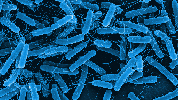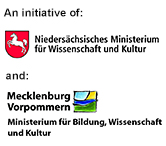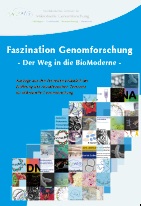NZMG - Norddeutsches Zentrum für Mikrobielle Genomforschung
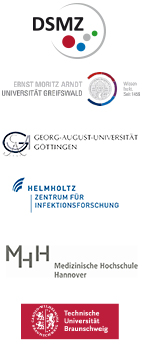
CDiff joint project of the NZMG extended until 2020 |
The CDiff research project started in 2013 and is financially supported by the state of lower saxony ('Niedersächsisches Vorab' fund of the VolkswagenStiftung). The Co-ordinator of the CDiff consortium is Prof. Dr. Dieter Jahn from the TU Braunschweig. Now, after being evaluated by an international expert panel, the CDiff project will be funded for at least one additional year.
The CDiff project addresses the hospital-aquired pathogen Clostridium difficile in order to develop new diagnostic tools and therapies.
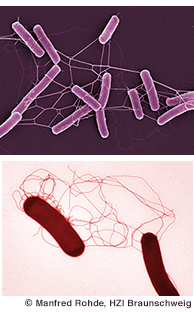
The bacterium Clostridioides (formerly: Clostridium) difficile is causing one of the most dangerous hospital acquired diseases. The so called C. difficile associated diarrhea (CDAD) has actually caught increasing attention as one of the most deadly, hospital-acquired diseases in Germany.
Despite its clinical relevance only little is known about the gene regulatory, protein and metabolic networks involved in the host associated life cycle of C. difficile. Within the CDiff project 13 interdisciplinary research groups from the 6 partner organizations of the NZMG (Norddeutsches Zentrum für Mikrobielle Genomforschung) will address and answer central open questions regarding the molecular basis of the C. difficile infection process. The systems biology approach on the model strain C. difficile 630 will help to elucidate and understand its metabolic pathways. Obtained data will constitute a solid basis for the development of novel prevention, diagnostic and therapeutic strategies.
→ more information
